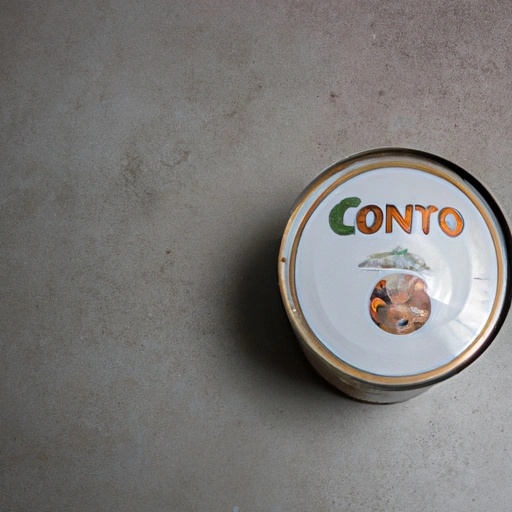Coconut Milk
Description

Coconut milk is a creamy, rich liquid made from the grated meat of mature coconuts. It should not be confused with coconut water, which is the clear liquid found inside a young coconut. Coconut milk is a traditional food ingredient used in Southeast Asia, Oceania, South Asia, and East Africa. However, its popularity has spread globally, and it is now commonly used in many cuisines, adding a distinctive flavor and creamy texture to a variety of dishes. The thickness and richness of coconut milk can vary depending on its concentration and fat content, which is often described in terms of 'light' or 'full-fat' coconut milk.
Common uses
Coconut milk is commonly used in curries, soups, sauces, desserts, and beverages. It is a crucial component in many traditional dishes, such as Thai curries, Indian kormas, and tropical cocktails. Additionally, it serves as a dairy alternative in vegan and lactose-intolerant diets, finding its way into smoothies, non-dairy ice creams, and plant-based yogurts.
Nutritional value
Calories
A 100 ml serving (approximately 3.4 US fluid ounces or about 3.5 tablespoons) of canned coconut milk typically contains around 230 calories (kcal).
Protein
Coconut milk contains around 2.3 grams of protein per 100 ml serving.
Fat
Coconut milk is high in fat, with about 24 grams per 100 ml, predominantly saturated fats known as medium-chain triglycerides (MCTs).
Carbohydrates
There are approximately 6 grams of carbohydrates in a 100 ml serving of coconut milk, most of which are sugars.
Vitamins
Coconut milk is a source of certain vitamins, particularly B-vitamins such as folate and vitamins C and E.
Minerals
It also provides essential minerals like potassium, magnesium, and iron.
Health benefits
Coconut milk may offer various health benefits, including improved heart health due to its MCT content, although the high saturated fat content should be consumed in moderation. It can also provide quick energy and may support weight loss efforts as part of a balanced diet. Some studies suggest that coconut milk can aid in reducing inflammation and fighting viruses and bacteria due to the presence of lauric acid.
Potential risks
Despite its health benefits, coconut milk is high in calories and saturated fats, which may contribute to heart disease if consumed in excess. People with tree nut allergies should also exercise caution as they may have a sensitivity to coconut products.
Common recipes
Coconut milk is featured in a myriad of recipes including classic Thai green curry, Indian chicken tikka masala, Indonesian rendang, as well as in tropical-inspired smoothies and piña coladas.
Cooking methods
Coconut milk can be used in simmering, baking, and blending. It is heat-stable, making it suitable for cooking at high temperatures without curdling.
Pairing with other ingredients
Coconut milk pairs well with spices such as turmeric, cumin, and coriander, as well as with tropical fruits like pineapple, mango, and papaya. It complements the flavors of seafood, poultry, and vegetables, and is often used as a base for sauces and soups.
Summary
Coconut milk is a versatile and creamy ingredient favored for its rich texture and sweet, nutty flavor. It is a staple in many Asian dishes and a popular alternative to dairy. While it is nutritious and offers health benefits, it is also high in saturated fats and should be consumed in moderation. Coconut milk can be used in a wide range of culinary applications, from savory dishes to sweet desserts, and is an essential component in the culinary repertoire of diverse cultures around the world.